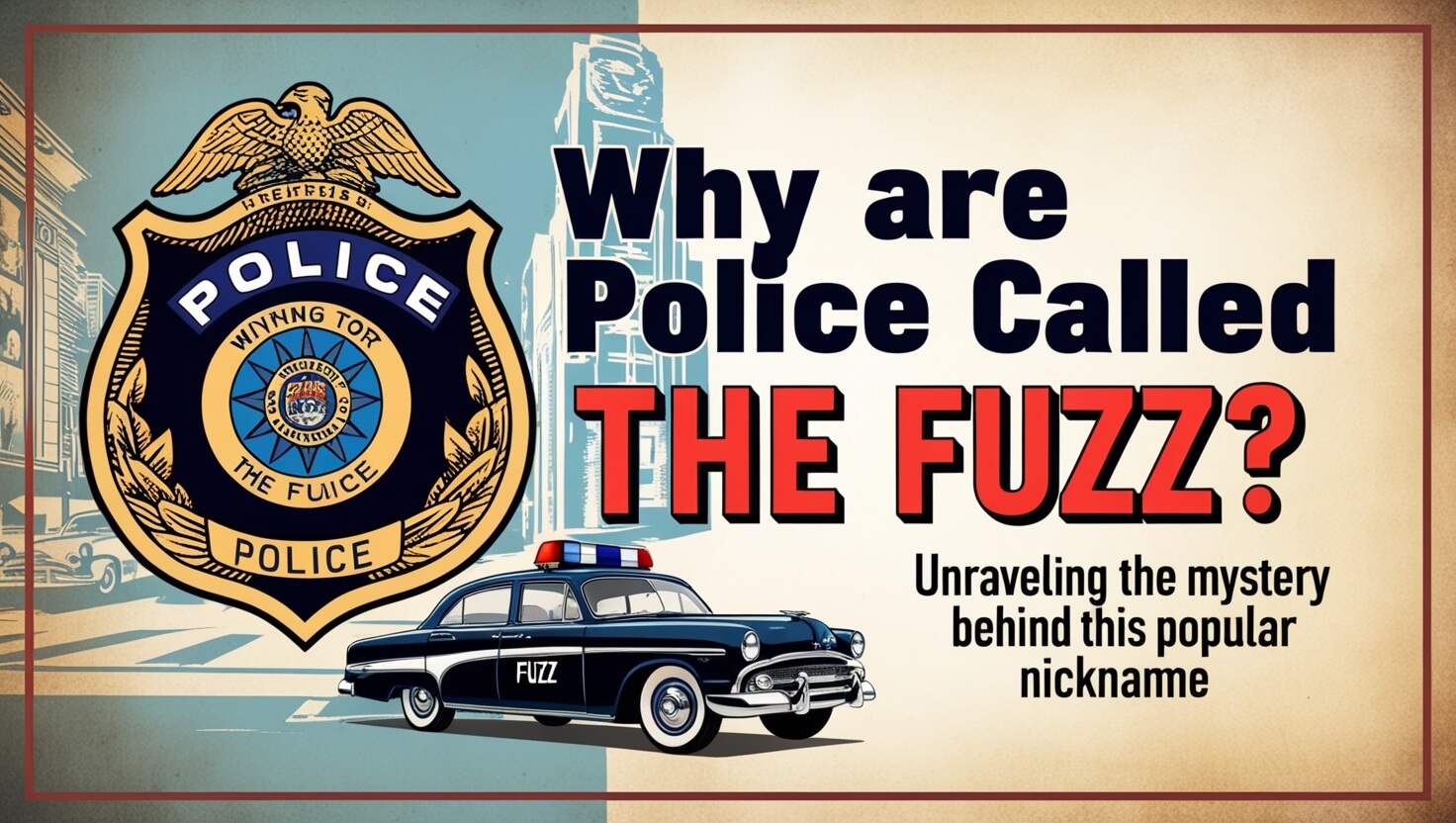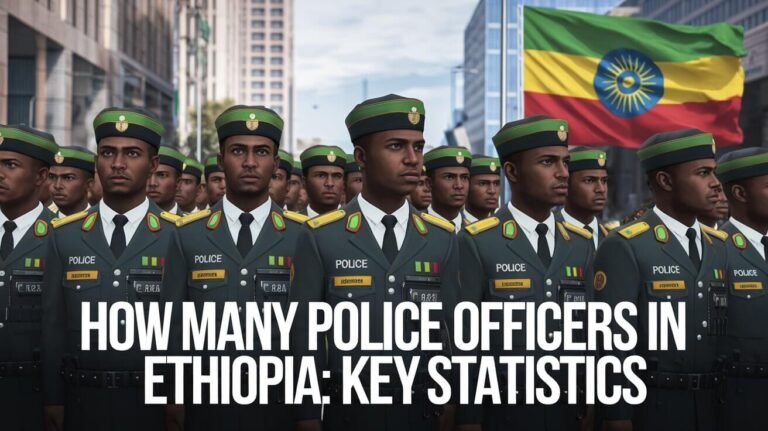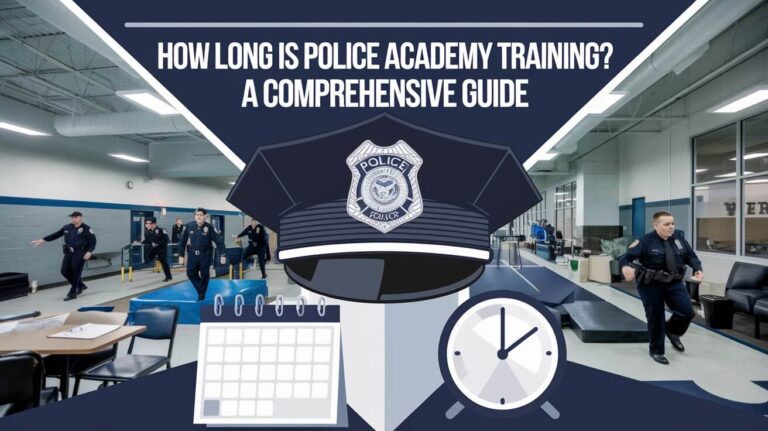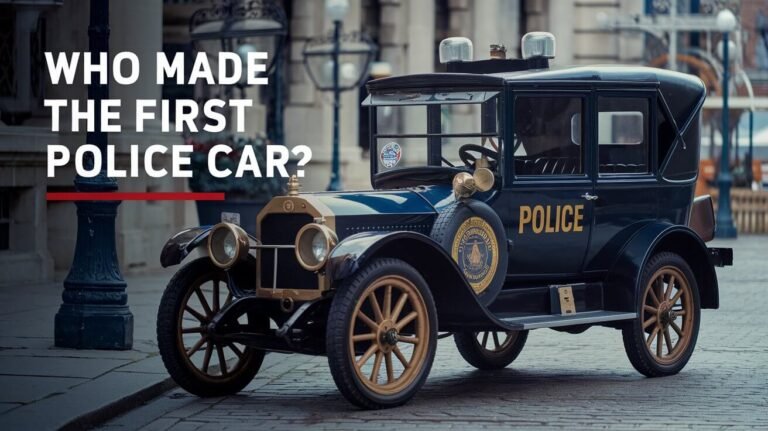Why Are Police Called the Fuzz? Origins of Cop Nicknames

Police get called “the fuzz” because of 1960s slang. People think it’s about their short hair or fuzzy clothes. This article talks about where this name came from. It also covers other names for cops and how these names have changed. We’ll learn about different ways people talk about police.
The Origins of “The Fuzz”
A Fuzzy Beginning
The term “the fuzz” first popped up in American slang during the late 1920s and early 1930s. It quickly gained traction, especially among those on the wrong side of the law. But where did it come from?
Theories Behind the Nickname
Several theories try to explain why cops got tagged as “the fuzz”:
- Fuzzy Radios: One idea links it to the static noise on police radios.
- Hairy Situation: Some say it’s about the short, fuzzy haircuts new officers sported after graduating from the academy.
- Fuzzy Hats: Others point to the fuzzy hats worn by British police officers.
- Force to Fuzz: It might be a quirky shortening of “the force”.
While we can’t pin down the exact origin, these theories give us a glimpse into how creative slang can be.
Evolution of Police Nicknames
From “Copper” to “Cop”
Before “the fuzz” came along, “cop” was already a popular term for police officers. But did you know it’s actually short for “copper”?
The Real Deal on “Copper”
Contrary to popular belief, “copper” doesn’t come from the buttons on police uniforms. It’s actually linked to the verb “to cop”, meaning to catch or seize. This usage dates back to 1704, way before modern police forces existed.
Other Colorful Cop Nicknames
Police officers have picked up quite a few nicknames over the years:
- “The Heat”: Maybe from the pressure they put on criminals?
- “5-0”: Thanks to the TV show “Hawaii Five-O”.
- “The Man”: A broader term for authority figures.
- “Pigs”: A controversial nickname with a surprisingly long history.
Each nickname tells a story about how people viewed the police at different times.
Global Police Slang: It’s Not Just an American Thing
Bobbies and Peelers: British Police Nicknames
Across the pond, British cops have their own set of nicknames:
- “Bobbies”: Named after Sir Robert Peel, the founder of modern policing.
- “The Old Bill”: A term that’s been around since the 19th century.
International Cop Slang
Police nicknames aren’t just an English-language phenomenon:
- “Gendarmes” in France: From “gens d’arme”, meaning “people with weapons”.
- “Mounties” in Canada: Short for the Royal Canadian Mounted Police.
- “Pikachu” in Vietnam: Thanks to the yellow uniforms of traffic police.
These global nicknames show how universal the practice of giving cops catchy names really is.
The Psychology Behind Police Nicknames
Why Do We Use Nicknames for Police?
Using nicknames for police officers serves several purposes:
- Creating distance: It can be a way for civilians to feel less intimidated by authority.
- Building camaraderie: Among officers, nicknames can foster a sense of belonging.
- Expressing attitudes: Some nicknames reflect how different groups view the police.
The Impact of Nicknames on Police-Community Relations
How we refer to the police can affect how we interact with them:
- Positive nicknames might encourage friendlier relations.
- Negative ones could increase tension between police and civilians.
- Neutral terms like “officer” maintain a professional distance.
Understanding these dynamics can help improve communication between law enforcement and the communities they serve.
“The Fuzz” in Popular Culture
Movies and TV Shows
“The fuzz” has made its mark in entertainment:
- Classic crime films often use the term for dramatic effect.
- Comedies play with the nickname for laughs.
- TV police dramas sometimes use it to sound edgy or retro.
Music and Literature
The term has rhythm, making it popular in other art forms:
- Rock and hip-hop lyrics often mention “the fuzz”.
- Crime novels use it to set the mood and era.
This cultural presence keeps the nickname alive, even as its original usage fades.
How Police Officers Feel About Their Nicknames
Embracing or Rejecting “The Fuzz”
Not all cops feel the same about being called “the fuzz”:
- Some see it as harmless slang and even use it themselves.
- Others find it disrespectful and prefer more formal titles.
- Younger officers might view it as an outdated term.
Official Stances on Nicknames
Police departments often have opinions on what they should be called:
- Many prefer “officer” or “deputy” in official communications.
- Some embrace certain nicknames for community outreach.
- Controversial terms like “pig” are generally discouraged.
Knowing how police like to talk can make meetings with them go better.
The Future of Police Nicknames
Will “The Fuzz” Stick Around?
As language evolves, so do our nicknames for police:
- “The fuzz” might become less common as newer slang takes over.
- Some classic nicknames could make a comeback for nostalgic reasons.
- New technology and policing methods might inspire fresh nicknames.
Emerging Police Slang
Keep an ear out for these newer terms:
- “Blue” or “the blues”: Referring to police uniform colors.
- “The po-po”: A more recent slang term.
- “LEO” (Law Enforcement Officer): A neutral, professional abbreviation.
The Role of Media in Shaping Police Nicknames
News Coverage and Police Terms
How the media talks about police affects public perception:
- News outlets often stick to official terms like “officer” or “law enforcement”.
- During protests or unrest, more casual terms might slip into coverage.
- International news might introduce foreign police nicknames to new audiences.
Social Media’s Influence
Online platforms are changing how we talk about everything, including the police:
- Hashtags can quickly spread new nicknames or revive old ones.
- Memes often play with police terminology for humor or commentary.
- Police departments use social media to shape their own image and terminology.
Legal and Professional Aspects of Police Nicknames
In the Courtroom
How does the law view these informal terms?
- Legal documents stick to official titles and avoid slang.
- In testimony, using nicknames might be seen as disrespectful to the court.
- Lawyers might use nicknames strategically to influence juries.
Professional Communication
In the line of duty, language matters:
- Officers are trained to use proper titles and avoid slang in official contexts.
- Internal communications might be more relaxed and include nicknames.
- Public relations efforts often aim to humanize officers while maintaining professionalism.
The Linguistics of Law Enforcement Lingo
How Police Slang Develops
The evolution of police nicknames follows interesting patterns:
- Rhyming and alliteration often play a role (e.g., “copper” to “cop”).
- Abbreviations and acronyms frequently become slang (like “LEO”).
- Pop culture references can quickly catch on and spread.
Regional Variations in Police Nicknames
Just like accents, police nicknames can vary by location:
- Urban areas might have different terms than rural regions.
- Coastal slang often differs from inland terminology.
- Border towns might mix slang from multiple countries.
Conclusion: The Lasting Impact of “The Fuzz”
Whether you call them “the fuzz,” “cops,” or simply “officers,” these nicknames for police reflect our complex relationship with law enforcement. From its fuzzy origins in the 1920s to its current status as a retro slang term, “the fuzz” has left its mark on our language and culture.
As society changes, so too will the ways we refer to those who protect and serve. But one thing’s for sure – catchy nicknames for police officers aren’t going anywhere anytime soon. So the next time you hear someone mention “the fuzz,” you’ll know you’re part of a long tradition of creative cop-calling.
Remember, while nicknames can be fun, respecting law enforcement officers and using appropriate language in official settings is always the wisest course of action. After all, behind every nickname is a real person doing a challenging job.






